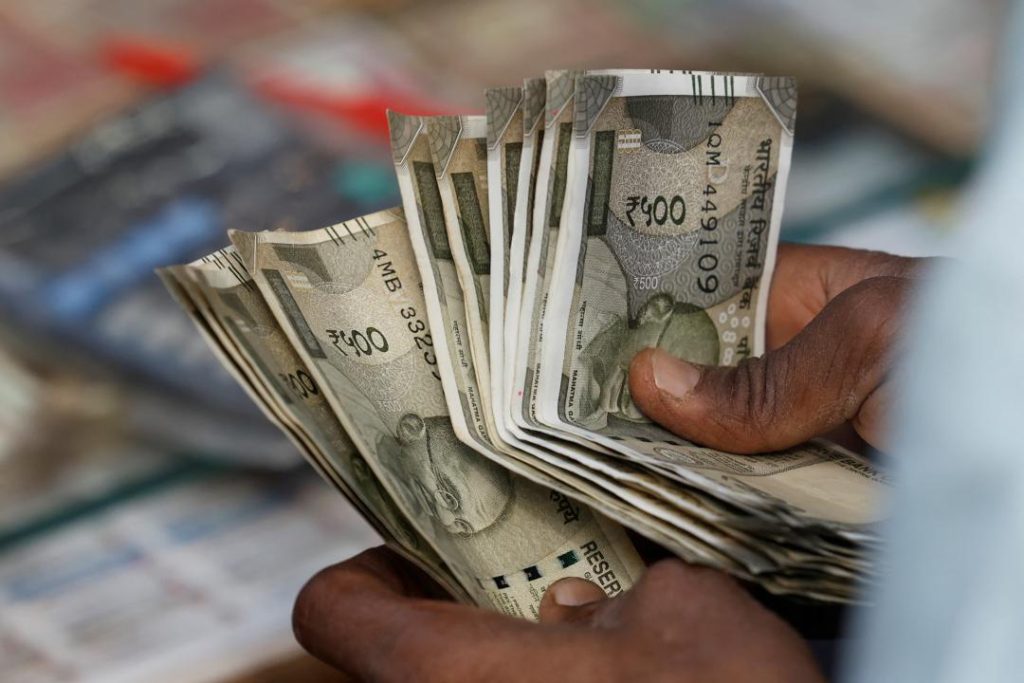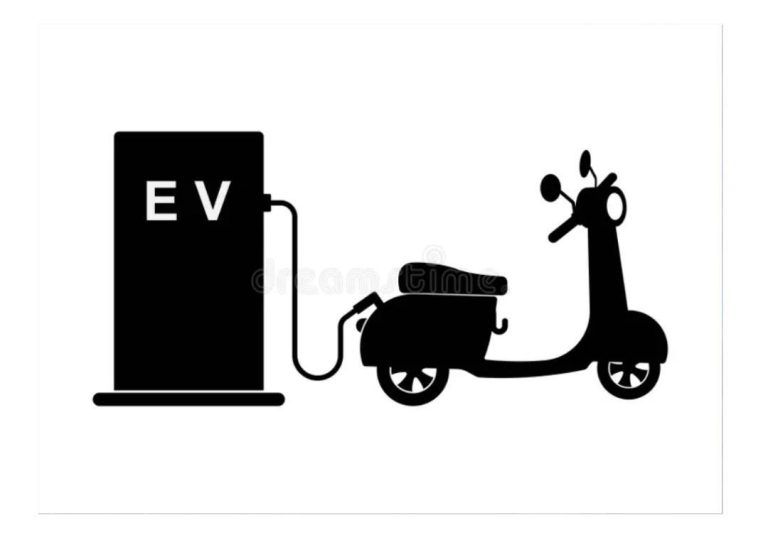
What Got Cheaper & Costlier in March as CPI Falls to 67-Month-Low of 3.34%?
India’s retail inflation, as measured by the Consumer Price Index (CPI), has registered a significant decline in March, falling to a 67-month low of 3.34%. This decline in inflation is a welcome respite for consumers, who have been grappling with rising prices for quite some time. The latest data released by the Central Statistics Office (CSO) shows that prices of certain essential commodities have seen considerable declines, while others have seen marginal increases.
Declining Prices:
One of the most significant declines in prices has been seen in eggs, which have become cheaper by 14.4% in March compared to the same period last year. This is a significant relief for consumers, who have been struggling to afford the rising cost of eggs. Vegetables and pulses have also seen considerable declines, with prices falling by 10.4% and 8.1%, respectively.
Spices, meat, fish, and housing have seen marginal declines in prices, with prices falling by 0.4%, 0.3%, 0.2%, and 0.1%, respectively. Recreation and amusement have also seen a slight decline in prices, with prices falling by 0.1%.
Rising Prices:
On the other hand, fruit prices have seen a significant jump, with prices rising by 14.5% in March compared to the same period last year. This is likely due to factors such as supply chain disruptions and adverse weather conditions.
Cereals, milk, oil, sugar, confectionery, clothing, snacks, sweets, pan, tobacco, footwear, fuel, and health and education have seen marginal rises in prices, with prices increasing by 0.4%, 0.3%, 0.2%, 0.1%, 0.1%, 0.1%, 0.1%, 0.1%, 0.1%, 0.1%, 0.1%, and 0.1%, respectively.
Why the Decline in Inflation?
The decline in inflation can be attributed to several factors, including a decline in global commodity prices, a surplus in agricultural production, and a decline in fuel prices. Additionally, the Reserve Bank of India’s (RBI) decision to cut interest rates has also helped to reduce borrowing costs and increase consumption, which has had a positive impact on inflation.
What does this Mean for Consumers?
The decline in inflation is a significant relief for consumers, who have been struggling to afford the rising cost of living. With prices of essential commodities such as eggs, vegetables, and pulses declining, consumers can expect to save money on their grocery bills.
However, it is also important to note that the decline in inflation is not uniform across all commodities, and consumers should be prepared for price increases in certain essential items such as fruits and cereals.
Conclusion:
The decline in retail inflation to a 67-month low of 3.34% is a significant development, and it is likely to have a positive impact on the overall economy. With prices of essential commodities declining, consumers can expect to save money on their grocery bills, which can have a positive impact on their disposable income.
However, it is also important to note that the decline in inflation is not uniform across all commodities, and consumers should be prepared for price increases in certain essential items. As the economy continues to evolve, it will be important to monitor inflation trends and adjust policies accordingly to ensure that the benefits of economic growth are shared by all.
Source:






